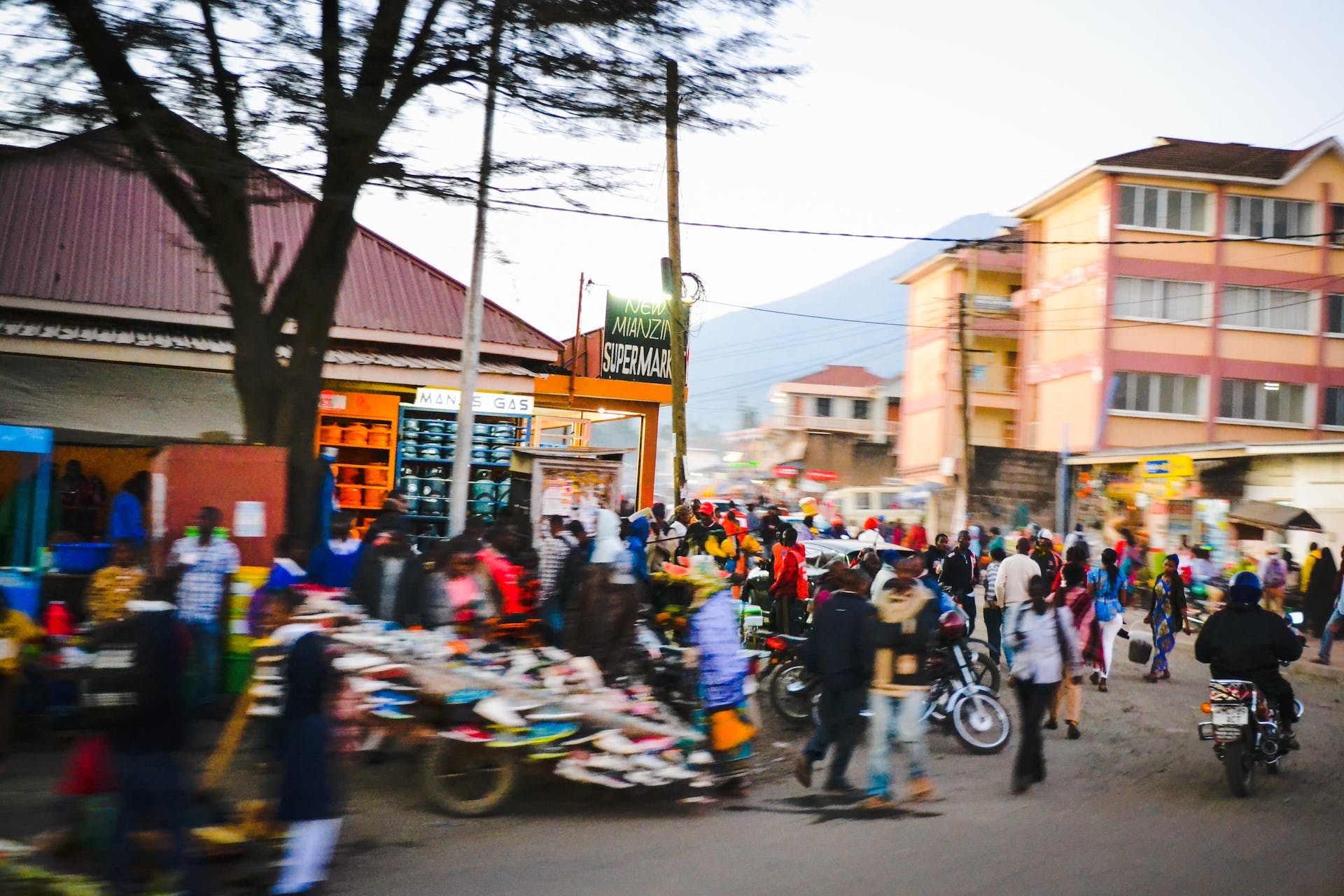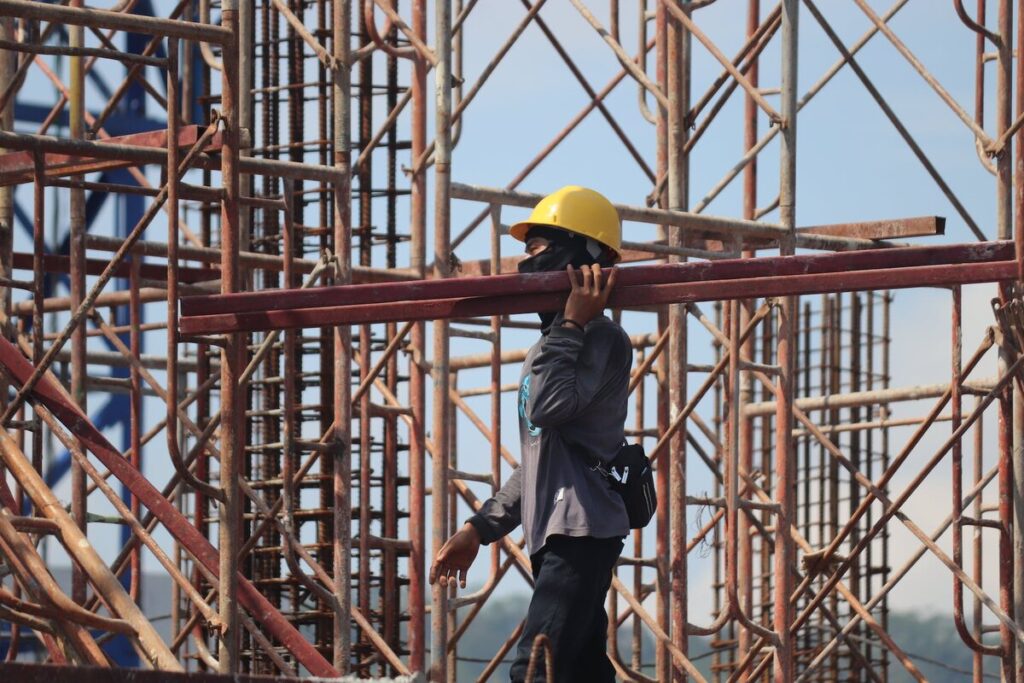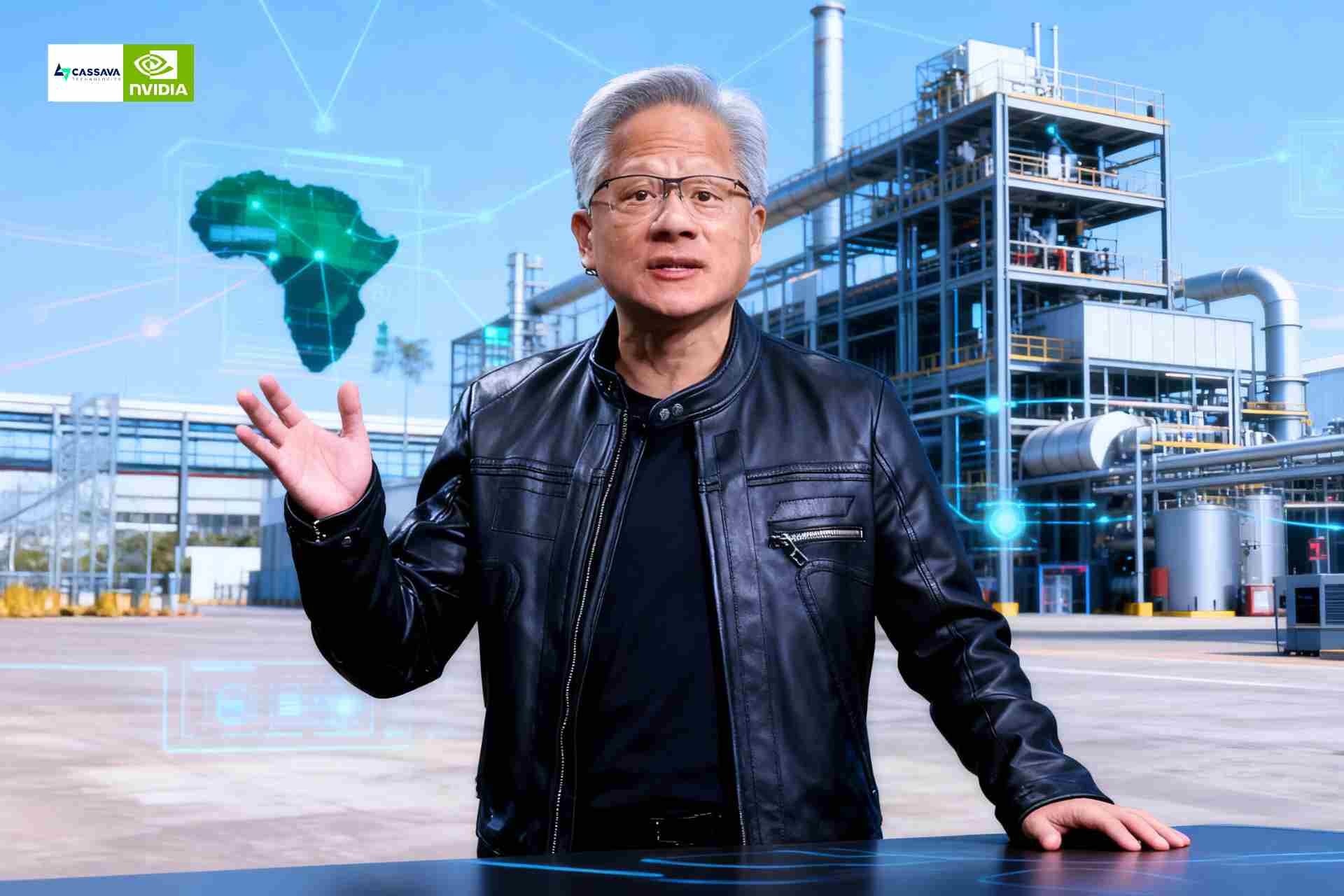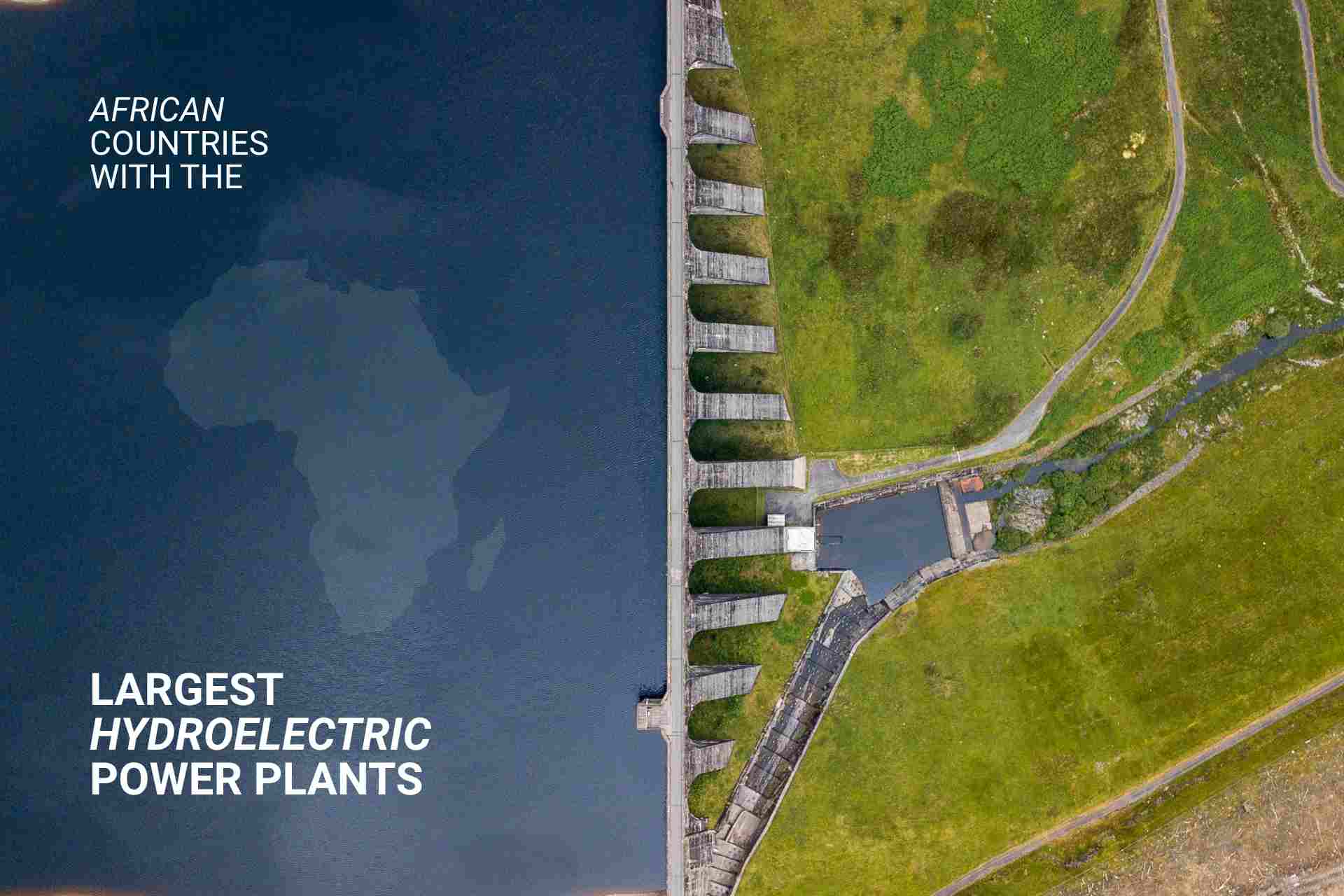
Table of Contents
Introduction
Historical Context of SEZs in Africa
Types of SEZs in Africa
Industrial Parks and Economic Hubs
Regulatory Advantages
Investment Opportunities in African SEZs
Challenges and Concerns
Comparison with Global SEZ Models
Case Studies of African SEZs
Future Outlook and Recommendations
Conclusion
Definition and Overview of Special Economic Zones (SEZs)
Special economic zones (SEZs) have been used by many developing countries as a policy tool to promote industrialization and economic transformation. Since the initiation of the first modern zone in Shannon, Ireland, special economic zones have evolved in many ways, from an initial ‘enclave’ nature towards today’s ‘Economic Zone 5.0’, which is built on emerging digital technologies and well integrated with urban development.
The special economic zones represent a new unilateral compromise between the state and market, while still contributing to economic globalization, by presenting itself as a complementary or as an alternative approach to integrate with the global market in addition to the international economic law instruments.
Special Economic Zones (SEZs) are designated areas within a country that offer a favorable business environment to attract both local and foreign investors. These zones are characterized by unique tax incentives, regulatory advantages, and infrastructure support, making them attractive destinations for businesses looking to expand their operations. In Africa, SEZs have gained prominence as tools for economic growth and development, offering a range of benefits to investors.
In This Blog
This paper by CADI aims to delve into the concept of SEZs in various African countries, highlighting the tax incentives, regulatory advantages, and investment opportunities they offer. It also explores the historical context of SEZ development in Africa, the types of SEZs, and the challenges associated with their implementation. Through case studies and comparisons with global SEZ models, we aim to provide a comprehensive understanding of the role of SEZs in Africa’s economic landscape.
Early Development and Implementation
The history of SEZs in Africa dates back to the late 20th century when countries like Mauritius and Nigeria established export processing zones (EPZs) to boost their export-oriented industries. These early efforts paved the way for the proliferation of SEZs across the continent.
The adoption of SEZs in Africa assumes a variety of features, depending on the level of development of countries and their experience in establishing SEZ programs. In particular, the snapshot of African zones in this report documents what has been referred to as the development ladder of SEZs – already documented in UNCTAD’s 2019 World Investment Report.
Some African countries have many decades of experience in developing and establishing zones and are now transitioning towards more complex and specialized models of zone development. A growing number of others are now in the process of planning or establishing their first zones, often with the help of international partners
Evolution and Growth
Over the years, African countries have recognized the potential of SEZs to attract foreign direct investment (FDI), create jobs, and enhance industrialization. As a result, the number and diversity of SEZs in Africa have grown significantly, reflecting a broad spectrum of economic activities.

Export Processing Zones (EPZs)
EPZs focus on manufacturing and exporting goods. They offer various incentives, such as tax exemptions, to encourage the production of goods for export markets. Examples include the EPZs in Kenya and Mauritius.
Free Trade Zones (FTZs)
FTZs facilitate trade by offering customs and tariff advantages. They are hubs for warehousing, distribution, and re-export activities. Djibouti’s Doraleh Free Zone is a prominent example.
Industrial Parks and Economic Hubs
Industrial parks and economic hubs are broader in scope, accommodating a range of industries, services, and businesses. They often emphasize infrastructure development and are exemplified by Ethiopia’s Hawassa Industrial Park.
Tax Holidays
Many African SEZs provide tax holidays, during which businesses are exempt from paying corporate income tax for a specified period, typically ranging from 5 to 15 years. This encourages long-term investment and job creation.
Reduced Corporate Income Tax Rates
In addition to tax holidays, SEZs often offer reduced corporate income tax rates after the tax holiday period expires, making it financially attractive for businesses to continue operations within the zone.
Customs and Import Duties Benefits
SEZs often allow duty-free imports of raw materials and machinery, reducing production costs for businesses. This supports local manufacturing and export-oriented industries.
VAT and Excise Tax Exemptions=
Value-added tax (VAT) and excise tax exemptions can significantly reduce the cost of goods produced within SEZs, making them competitive in both domestic and international markets.
Simplified Licensing and Permitting
SEZs typically streamline bureaucratic processes related to business registration, licensing, and permitting, reducing administrative burdens and startup times for investors.
Flexible Labor Regulations

SEZs may have more flexible labor regulations, allowing for easier recruitment and management of labor forces. This flexibility can enhance workforce productivity.
Investor Protection and Dispute Resolution
To attract foreign investment, SEZs often provide investor protection mechanisms and efficient dispute resolution systems, ensuring a secure and predictable business environment.
Key Sectors and Industries
African SEZs offer investment opportunities in a wide range of sectors, including manufacturing, agribusiness, logistics, technology, and services. The choice of sector often aligns with a country’s economic development goals and comparative advantages.
Case Studies of Successful Investments
This section explores case studies of successful investments in African SEZs, showcasing real-world examples of how SEZs have contributed to economic growth, job creation, and technology transfer.
Infrastructure Development
Investors in African SEZs benefit from access to world-class infrastructure, including roads, ports, and utilities. These facilities enhance the efficiency of production and distribution.
Infrastructure Gaps
Despite progress, infrastructure gaps, such as inadequate transportation and energy systems, remain a challenge in some African SEZs. Addressing these gaps is essential for sustained growth. Foreign developers will need to be hired in partnership with the local government to construct the necessary infrastructure.
Governance and Corruption
Issues related to governance, transparency, and corruption can hinder the success of SEZs. Robust governance frameworks are crucial for attracting and retaining investors.
Infrastructure development can also be a facilitator for corruption, by the opportunities such large investment decisions provide), and a facilitator for IWT, by bringing access to remote areas at lower costs. Grand corruption schemes in infrastructure can drive the creation of projects or design decisions within them
Socioeconomic Impact and Inclusivity
Ensuring that SEZs contribute to broader socioeconomic development and benefit local communities is a concern. Inclusivity measures, such as skills development and local employment, are critical. SEZs bring development to surrounding areas and help Africans get a better Quality of Life.
Learning from International Best Practices
Comparing African SEZs with successful SEZ models from other regions provides valuable insights into what works and what can be improved. Lessons from countries like China, Singapore, and India can inform African SEZ policies.
It also creates a drive to get more competition for investment Incentives in Africa, incentives for investment in Africa, and tax incentives for investment in Africa
Ethiopia: The Success Story of Hawassa Industrial Park
Hawassa Industrial Park in Ethiopia exemplifies the potential of African SEZs. It has attracted major global brands and contributed significantly to employment and export growth. In Ethiopia, a great number of same-size, large-capacity factories have been supplied. These standardized rental sheds are suitable for large-scale, unskilled labor-intensive, and export-oriented light manufacturing such as garment, footwear, and food processing, which is typical in the early stage of FDI-led industrialization
Rwanda: Kigali Special Economic Zone
Rwanda’s Kigali Special Economic Zone is a well-planned and integrated SEZ that has helped diversify the country’s economy and create jobs. The SEZ was developed in two phases.
Phase I covers 98 hectares of land. It is serviced with roads, electricity, water and firefighting systems, sewage, and fiber optic cables that will serve to ease the operations of investors. This phase hosts 97 plots divided as follows:
Phase II has 178 hectares of land. It is serviced with roads, electricity, water and firefighting systems, and a sewage network.
Nigeria: Lekki Free Zone
Lekki Free Zone in Nigeria is a large-scale SEZ project that aims to boost industrialization, trade, and investment in the country’s southeastern region. Lekki Free Trade Zone is the most popular free zone in Nigeria and one of the fastest-growing free zones in the world, according to the World Bank
Lekki Free Zone is a special economic zone – also called Export Processing Zone, with none to minimal custom restrictions.
To manage the general and specialized Export Processing Zones in Nigeria, the government has formed two bodies to oversee these zones and the various companies in these free zones.
These bodies include:
1.) Nigerian Export Processing Zone Authority (NEPZA) for all the general-purpose export Free Zones.
2.) Oil and Gas Free Zone Authority (OGFZA) is dedicated to the Oil and Gas Free Trade Zone.
The Lekki Free Trade Zone (LFTZ) is managed and controlled by NEPZA and is located 60 km east of Lagos on a sandy peninsula with the Atlantic Ocean to the south and Lekki Lagoon to the north.
Potential for SEZ Expansion
Africa has immense potential for expanding the number and scope of SEZs. Governments should identify strategic locations and sectors for future SEZ development.
The African Union Commission, the United Nations Conference on Trade and Development, and the German Agency for International Cooperation are joining forces through this Handbook on Special Economic Zones in Africa to address the opportunities and challenges involved in setting up zones in Africa, working hand in hand with Member States and key stakeholders such as the African Economic Zones Organization.
The objective is to come up with an Africa-specific model of special economic zones based on lessons from experience and best practices, to support the African Continental Free Trade Area and in the process accelerate the integration of Africa.
Policy Recommendations for Sustainable SEZ Development
To ensure the long-term success of SEZs, governments should implement sound policies that promote transparency, good governance, and inclusivity.
Inclusivity and Community Development
SEZs should be designed to benefit local communities through job creation, skills development, and social infrastructure investment. There is a marked improvement in Quality of Life for local investors and employees. This drives the development of more SEZs across the continent of Africa and its various countries.
Conclusion
Special Economic Zones in Africa have emerged as powerful tools for attracting investment, fostering industrialization, and driving economic growth. With their tax incentives, regulatory advantages, and investment opportunities, SEZs have the potential to transform African economies and improve the lives of millions.
However, addressing challenges related to infrastructure, governance, and inclusivity is crucial for realizing this potential. By learning from international best practices and prioritizing sustainable development, African countries can harness the full benefits of SEZs and shape a brighter economic future for the continent.

When Jensen Huang, CEO of NVIDIA, teamed up with Cassava Technologies to build what they and others describe as Africa’s “first AI factory,” it wasn’t just another tech announcement. It signals serious moves, for investment, for local capacity, for digital sovereignty. But what this really means, how it may benefit the investment opportunities in Africa, […]

Africa’s hydropower story isn’t just about big dams. It’s about politics, climate risk, export potential and where real investment opportunities in Africa lie. Below are some of Africa’s biggest hydropower assets, what they are, what they could be, and what that means for investors. Major Players Today Country Plant / Complex Installed / Nameplate Capacity* […]

Starlink moving from licence to live service in Chad is straightforward news, but the implications are anything but. Let’s break it down, what happened, how Chad compares to other African markets, what Starlink actually brings to the table, the security and regulatory trade-offs, and what investors and businesses should watch next. Licence vs activation Chad […]